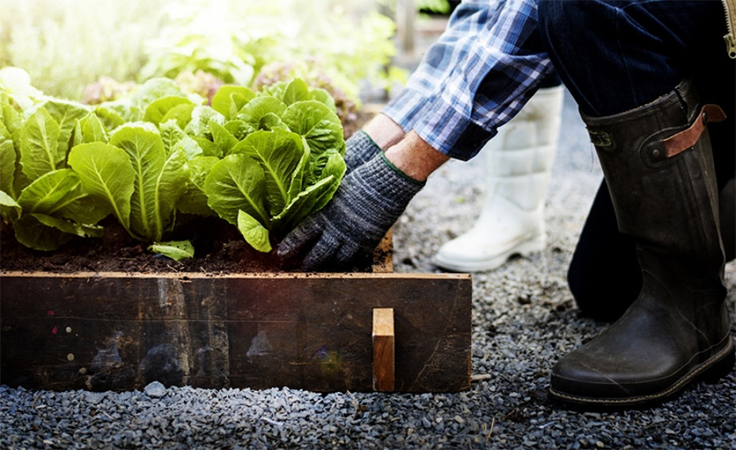Ways to be eco-responsible during a pandemic

The coronavirus pandemic has halted the functioning of society and changed it into a place unrecognisable. Restriction in mobility, a measure to control the spread of the virus, has halted social life and hit the global economy hard. But there’s a small good news: this decrease in mobility, which means fewer carbon emissions, has led to a significant drop in pollution in different parts of the world.
And most countries are under lockdown to curb the spread of the virus, the global sustainability movement has taken a backseat. Still, there are many environmentally friendly measures that people can adopt individually to ensure they do their bit.
Here are some simple tips you can follow to let the sustainability movement thrive even during this difficult time.
Making conscious choices while buying food items
While many of us are privileged enough to be to buy food items and stock them at our homes, it is crucial that while doing so we make conscious choices. Do not panic-buy items or get things from grocery stores which may not be essential. By sticking to buying only essential items, you will be saving money as well as resources, which can be useful to others in need.
Similarly, focus on buying healthy food, such as vegetables and fruits as opposed to packaged products, from your local store. This way you can reduce your plastic waste, which is one of the leading contributors to climate change.
You don’t need a big farm to grow some of your veggies. Even if you have limited space in your apartment, backyard, or home, you can grow vegetables like carrots, tomatoes, pumpkins, green spinach, coriander, and fruits like strawberries, lemons, and avocados. Not only will a little garden help you become self-sufficient and decrease the number of grocery items from your shopping list but it will have a long term benefit to the environment as well. It is estimated that for every one kilocalorie of energy we get from our meals, we use 10 kilocalories of fossil fuel energy. This means, by minimising the travel hours for the transport of food, we can minimise our individual carbon footprint.
Likewise, growing crops can help thrive the population of bees, which are crucial to a balanced ecosystem. Bees play one of the most significant roles in the ecosystem as they help in pollination through which crops are produced. By growing more vegetables, fruits, and flowers we can provide sufficient nectar for the bees to nourish, directly helping in the production of more crops.
Channeling the keyboard warrior in you to support environmental activism
While the environment may not be on everyone’s priority list now, that doesn’t mean people should stop thinking, discussing, or writing about its preservation and protection.
From sharing simple videos that can spread awareness among your friends and family members about the importance of nature conservation to discussing raging issues, such as the construction of Nijgadh airport, which is one of the programmes of the government for this fiscal year, participate in activities that share and highlight information.
Did you know that plant-based meals are more environmentally friendly and can help to mitigate climate change more than meals with meat? While both vegetarianism and veganism movements are slowly finding their space in the world, where meals with meat are looked upon as a luxury, both socially and gastronomically, minimising meat can have many health, economical and environmental benefits, according to many recent studies.
Studies suggest that reducing meat consumption can minimise the impact on the environment, as the production of meat-based products emits more carbon than the plant-based products. Studies also show that more than half of the emission of greenhouse gasses that comes from food is produced by animal-based products. So by just skipping meat-based products in your meals regularly or a few times a week can have a positive impact on the environment.
Treating leftovers than more than just leftovers
You don’t always need new, fresh ingredients to make great meals. Even simple leftover rice can be converted into delicious meals. So don’t discriminate between fresh ingredients and leftovers. For instance, if you have leftover rotis, spread some cheese spread, some tomato sauce, boiled veggies on the top, and top it off with some shredded cheese and microwave it for a few minutes. You will have a delicious roti pizza. Similarly you can even use leftover vegetables to make a healthy and tasty stock. By reusing the food items in your fridge you are doing a favour to your pocket as well as the environment.
Likewise, you can also use many leftover foods as compost manure by spreading or burying it into the soil of your garden or flower ports. This will help in making the soil fertile as well as minimising the carbon emission from the food waste which accounts for 8 percent of global carbon emissions.
